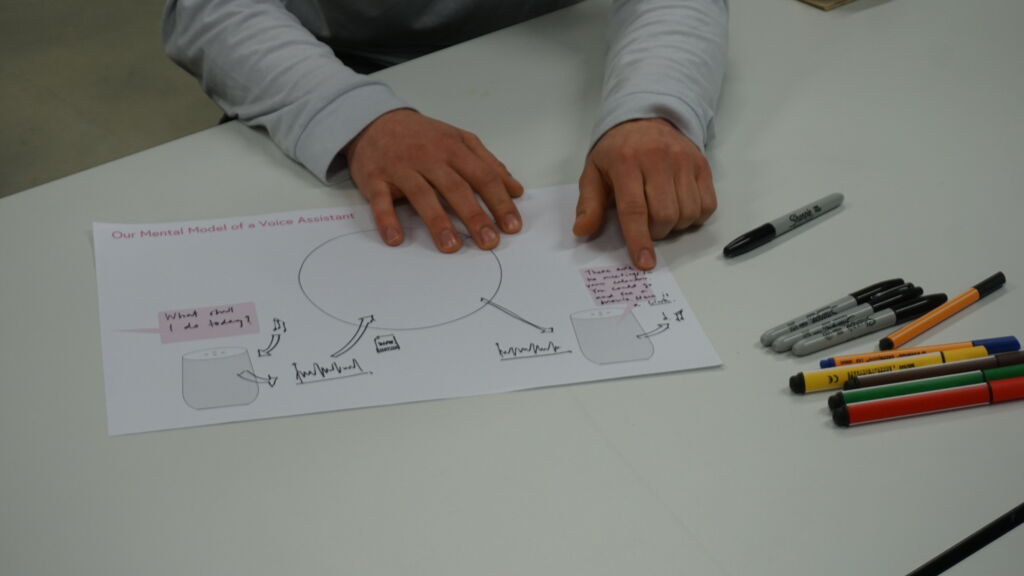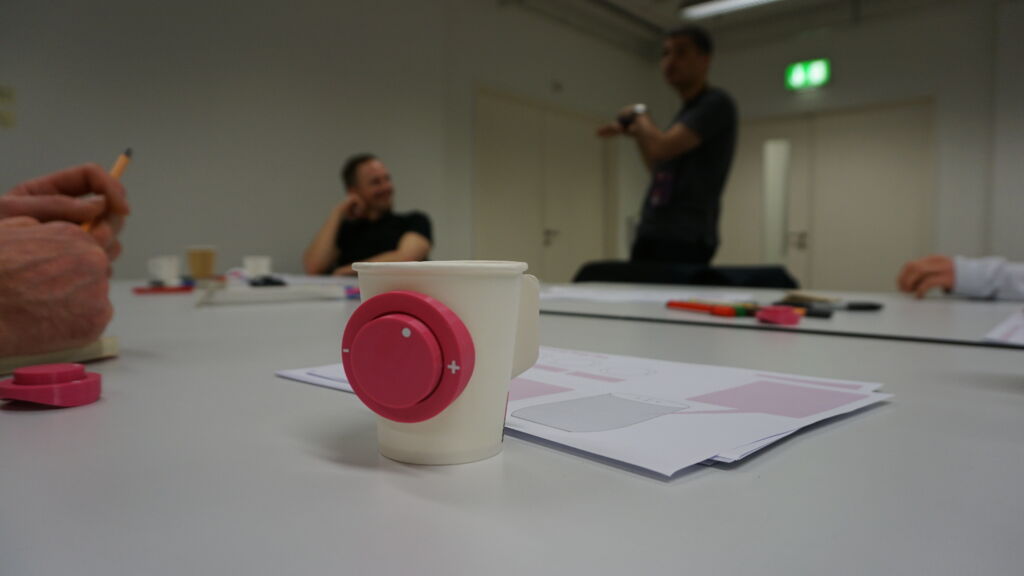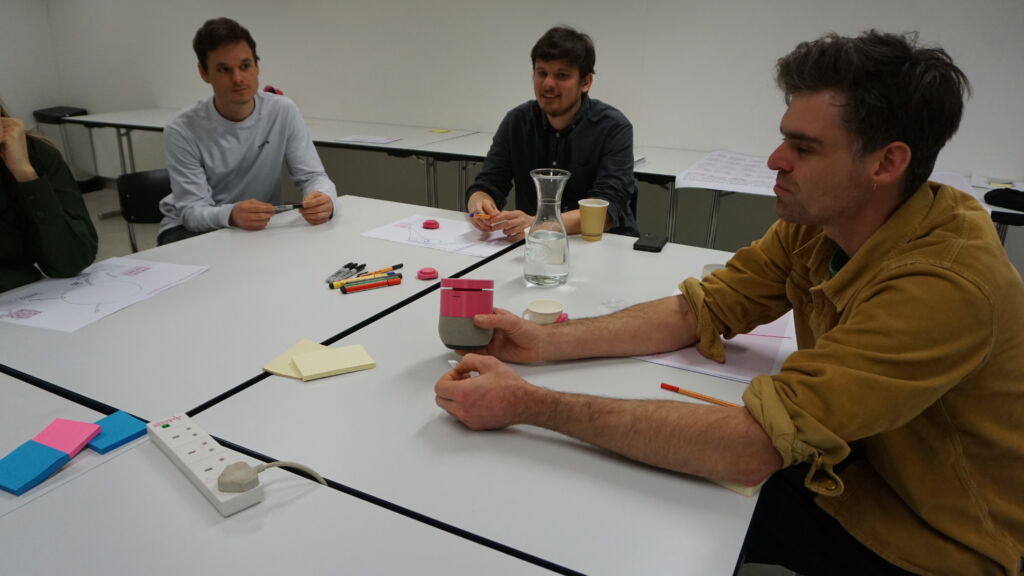What would a possible de-centralised future of voice assistants look like?
Although voice assistants are increasingly becoming part of our everyday lives, we still have little idea of how to coexist with them. Beyond the basic functions we are all familiar with, what other benefits can the technology bring to our lives? VA-PEPR research has shown that feeling a loss of control and lack of trust towards such devices is limiting our acceptance and use of voice assistants. At the 16th Interaction Week between 25 February – 3 March 2023 organised by Interaction Design Association, Dr. Mike Shorter and Dr. Aysun Aytaç invited participants to explore how we can (re)define and design our interaction with voice assistants to build the trust that will enable us to be more comfortable with them. Might a decentralized future for voice assistants be the key to acceptance and confidence?
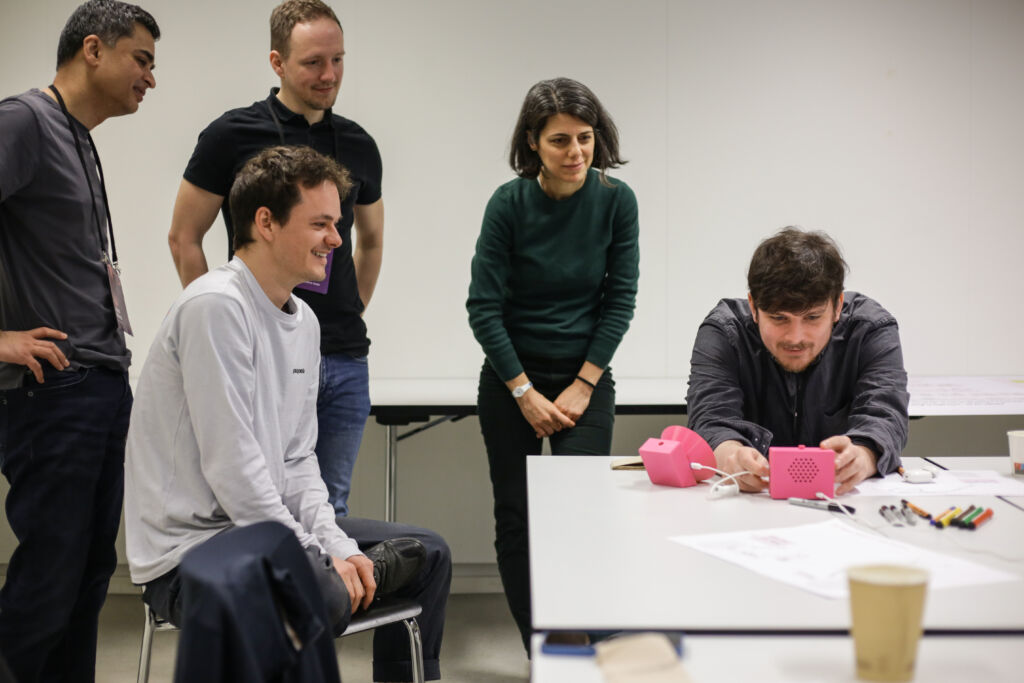
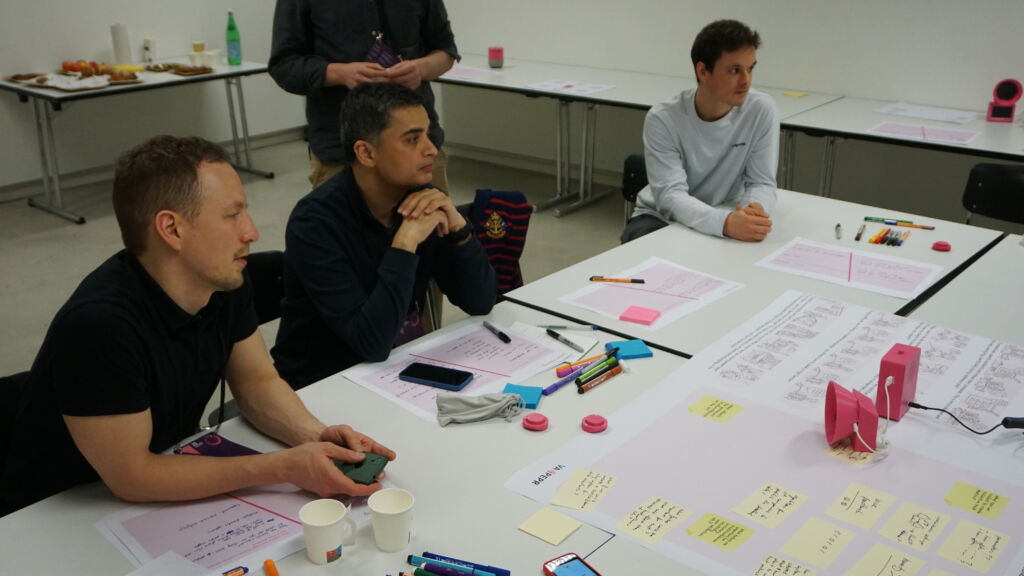
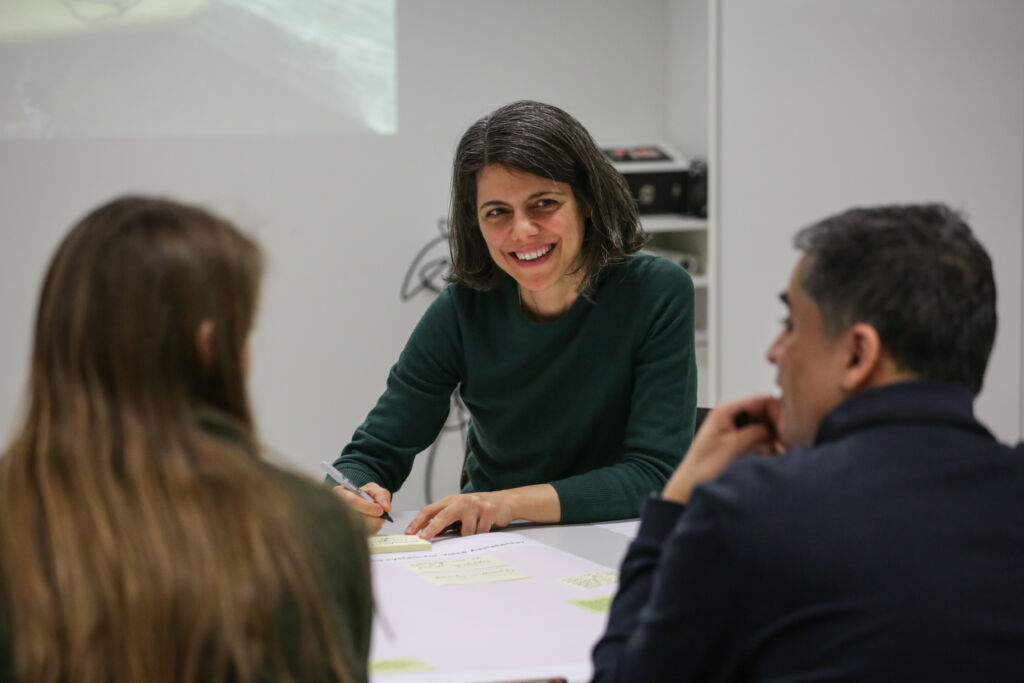
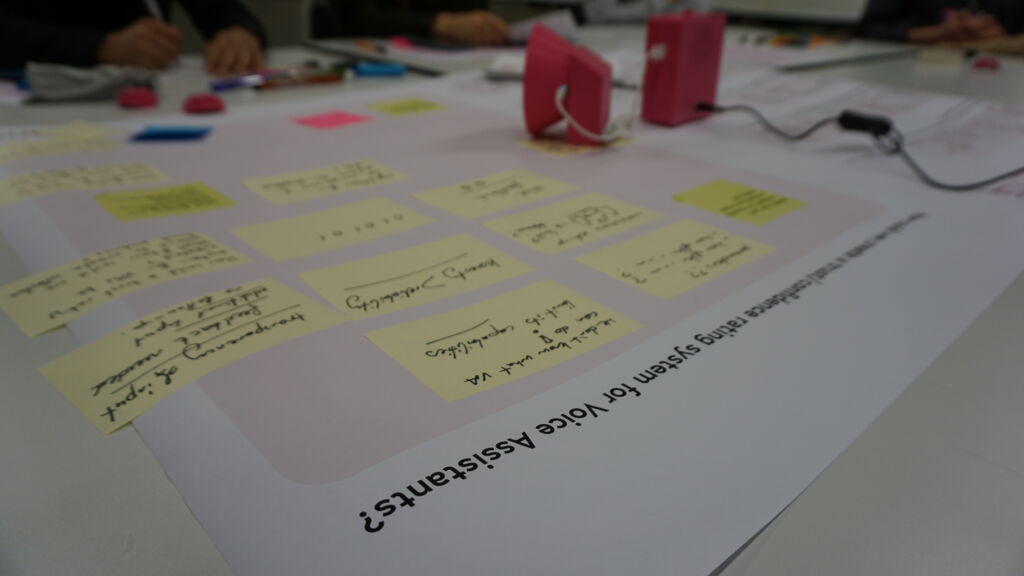
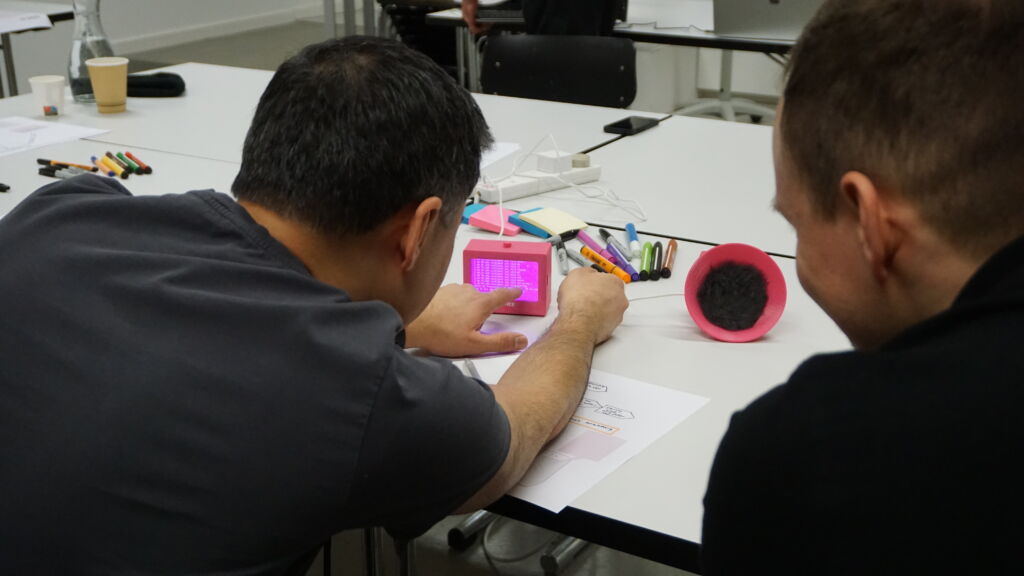
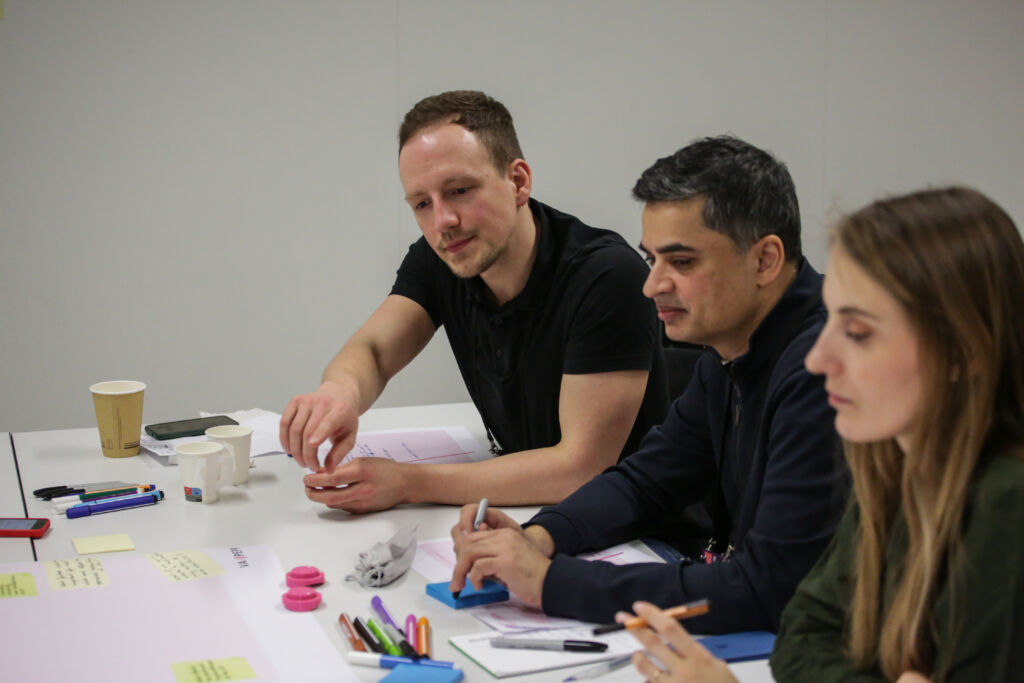
Co-facilitated by Aurelio Todisco, the Speculating Voice Assistant Futures workshop explored the issues of (mis)trust and confidence in voice assistants. The team provided the provotypes and exercises designed based on VA-PEPR research insights. Participants explored the ethical, political, economic, environmental and social effects of voice assistants by speculating, debating about and sketching out ideas for the types of future we want with these devices.
